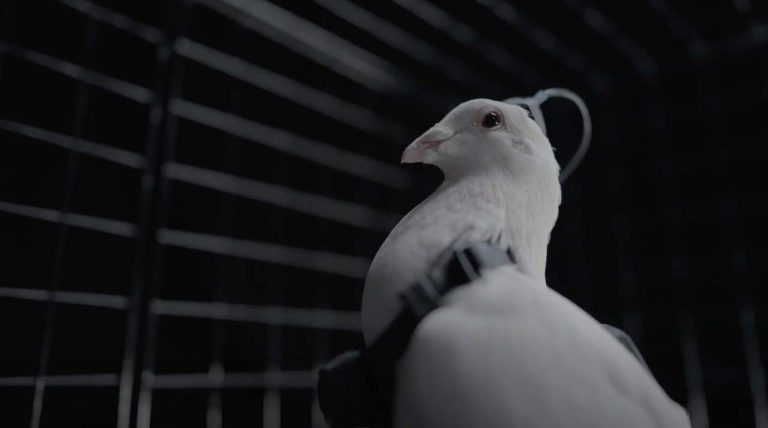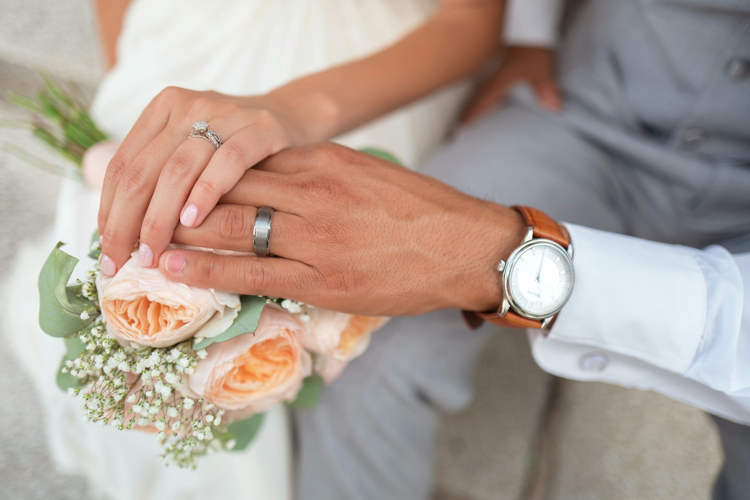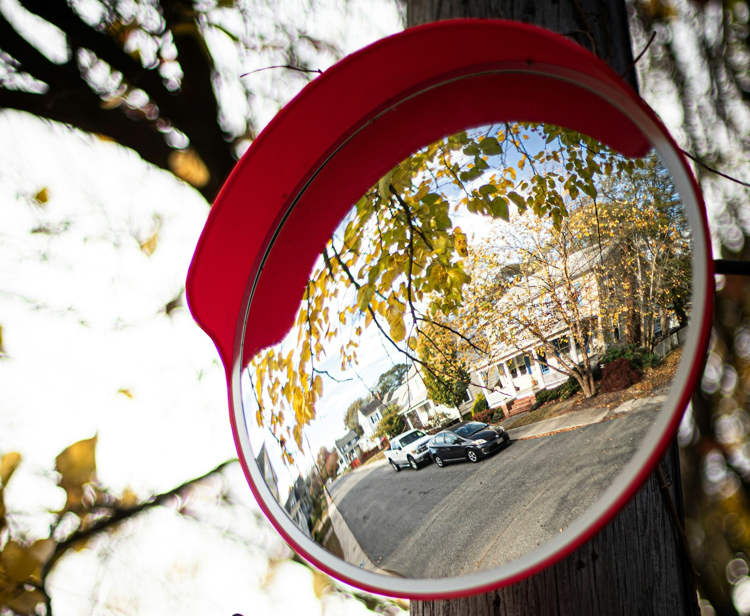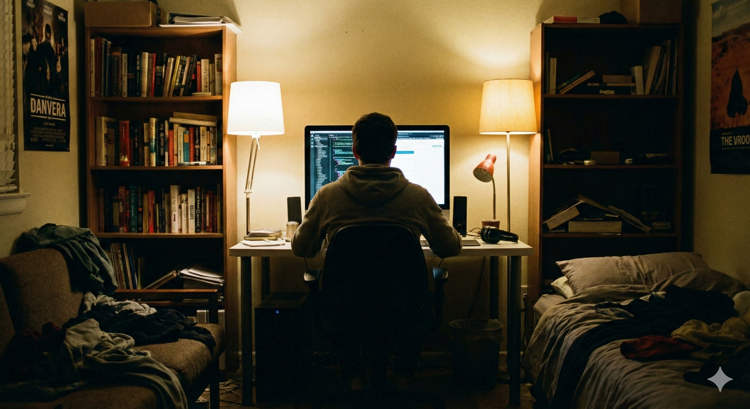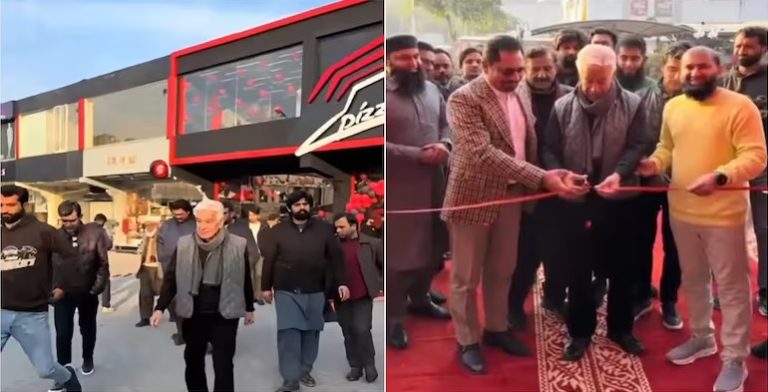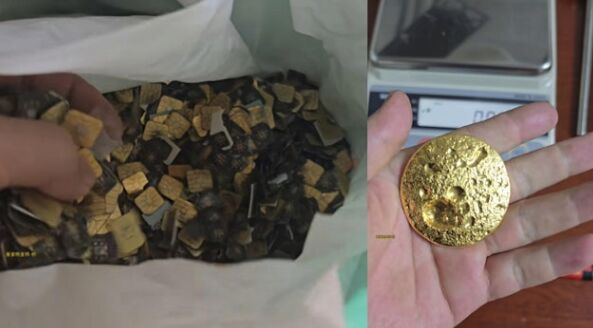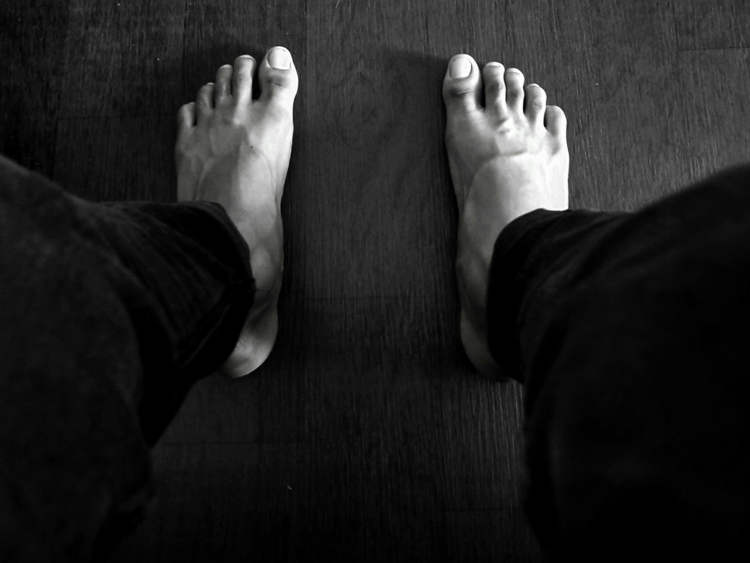A group of doctors at the Memorial Hospital in Instanbul, Turkey, have started using traditional Islamic music as complementary treatment for various illnesses.
Using music as therapy might sound strange in an age where medicine is relying more and more on science and technology, but the benefits of musical treatments have been known for almost 1,000 years. The makam, a musical mode unique to traditional Arabic and Turkish music, was used in Islamic medicine as early as the 9th century, when philosopher al-Farabi cataloged the effects of different musical modes on the human body and mind. Makam defines the pitches, patterns and development of a certain musical piece and the different tone scales must be largely played by ear.
Doctors at Istanbul’s Memorial Hospital are convinced different makams have positive psychological and physiological effects on their patients. Dr. Eroll Can discovered musical therapy while working at a hospital in Sofia, Bulgaria, where they used a tape recorder and headphones, but after he immigrated to Turkey in 1996, he started using live instruments and noticed the effects were even more significant. Now he, along with professor Bingur Sonmez and Mehmet Susam are masters of traditional instruments like the ney (Turkish flute), yayli tan bur (Ottoman violin) and the guitar.

Photo by Jonathan Lewis
But treating patients with music isn’t as easy as you might think, especially since not all makams have the same effect. “There are makamlar that agitate, and there are makamlar that relax.” Sonmez says. “The so-called rast makami has a positive effect if a patient suffers from anorexia, whereas the hicaz makami should be played if a patient needs to be kept on a diet. A restaurant that plays music in the hicaz mode would probably go out of business after a while, because it keeps customers from eating.”
The doctors wanted to clarify that they are not using makams as an alternative to contemporary treatments, but as complementary therapy. Ten minutes of live music will lower a patient’s heart rate and blood pressure without having to prescribe additional medicine.
via Guardian.co.uk

